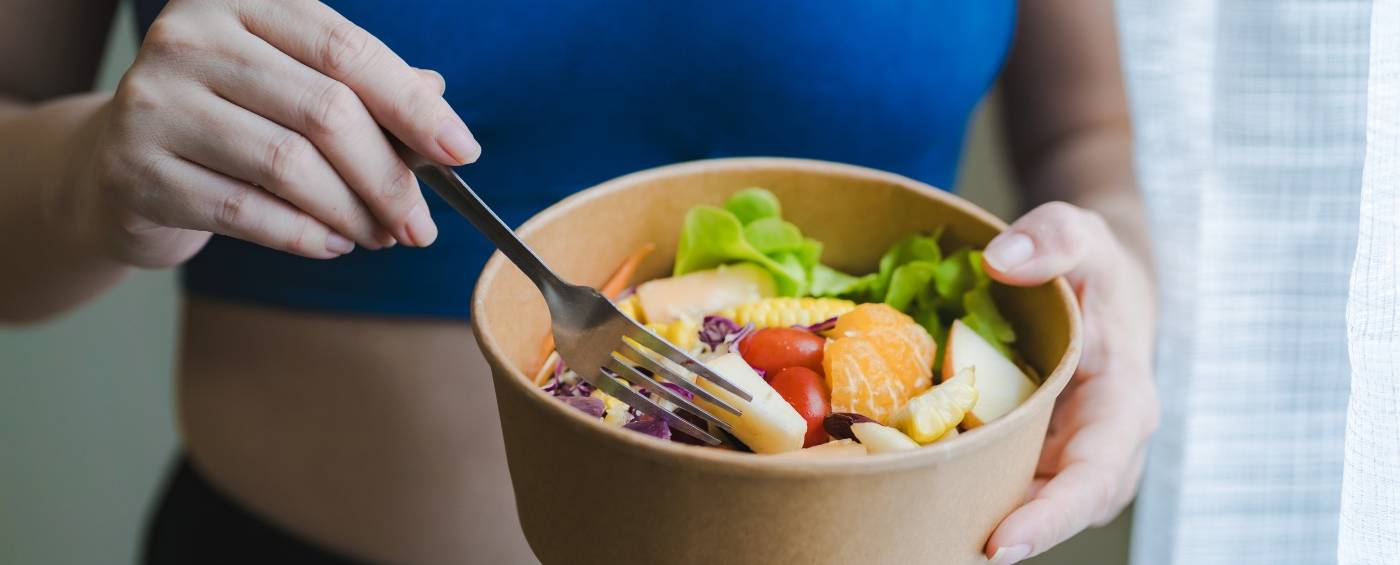Microbiota: What is it and how to look after it
In this article, we tell you everything you need to know about the microbiota: what it is, what it does and how to look after it. Don't miss it!
TOPIC OF THE MONTH
Share
I'm sure you've heard the term microbiota often for some time now. As if it were a new trend, everyone is talking about the importance of taking care of the microbiota. Thanks to social media and the internet, we all have more access to information today and are more knowledgeable about many more medical and scientific terms than we were 15 years ago. However, do we really know what microbiota is and how it affects us?
What is the microbiota?
According to the Spanish Digestive System Foundation, the microbiota is a set of microorganisms found in the body that performs important functions in health and disease and also acts as another organ. Microbiota can be found in different parts of our body such as the skin, the digestive tract, the mouth, and the genital area.
Numerous studies confirm that a whole world of microorganisms that influence our health, both physically, mentally and emotionally, is generated in our guts. The barrier that defends us from infections, illnesses and other pathologies depends on the microbiota.
Recent studies have found that the microbiota is like an individual's ID card, as everyone’s is different. Factors such as being born vaginally or by caesarean section affect it. Their formation is also influenced by genetics and epigenetics, i.e. micro-environmental factors.
What is the function of the microbiota?
In this article, we will focus on the digestive microbiota and how it influences our body. The human digestive tract is home to a large, diverse and dynamic population of microorganisms, mainly bacteria, but also fungi, viruses or protozoa, which have adapted to life on mucosal surfaces or in the intestinal lumen. Many of these microorganisms that inhabit the human gut are called native because they reside permanently in the gastrointestinal tract.
However, other bacteria are transient microorganisms because they temporarily inhabit the lumen or mucous membranes of the gut and then disappear. These are continuously ingested from the environment, mainly through food and drink. Together they form the gut microbial ecosystem, a community of living things that are interdependent and form mutualistic relationships with the other species that share the same space. The gut microbiota plays a fundamental role in human health, as it’s involved in processes such as digestion, nutrient absorption, the immune system, metabolism and mood.
How to look after your microbiota?
- Increasing your intake of prebiotic foods. They can be found in many fruits and vegetables, especially those containing high levels of complex carbohydrates. They are naturally present in foods such as vegetables, fruits, cereals, legumes, nuts and dried fruits, among others.
- Opting for probiotic foods. These are foods or supplements that contain live microorganisms to support the body's good bacteria. They are generally high in fibre and help to improve the balance of these micro-organisms. Sauerkraut, kimchi, miso, kombucha, plant-based and fermented yoghurts are rich in probiotics.
- Learning to manage stress, which is the cause of alterations in the intestinal microbiota.
- Exercising regularly.
- Resting and sleeping properly.

Nuevo rol del consumidor
Leer más
Nuevo rol del consumidor







